As the media covers more and more stories about violence during what many feel are “routine” run-ins with police, the New Jersey state Assembly has passed, by a margin of 76-0, an amended bill that requires all K-12 students be taught how to interact with police.
The bill’s stated purpose is to teach children “the role and responsibilities of a law enforcement official in providing for public safety; and an individual’s responsibilities to comply with a directive from a law enforcement official.”
In its original draft, many felt that the purpose of the bill was to put undue responsibility on civilians in their interactions with police. The amended version was drafted to focus more on education informing students of their rights when confronted by police, as well as to foster mutual respect and understanding by both sides.
Assemblywoman Sheila Oliver said (via NBC News) prior to the bill’s passage that it’s about preparation, rather than assigning responsibility or blame:
"The number of police related shootings around the nation have created a mistrust of police in many communities. This can help rebuild the trust that is essential for law enforcement to work. This is a lesson many parents already teach to their children. Making it part of the school curriculum is the next logical step.
The bill’s approval leads similar pending bills in other states, such as Texas; often they have a complementary requirement that police undergo civilian interaction training as well.
However, even with the concurrent training of police, the ACLU remains skeptical of such programs and bills, suggesting that the rash of police violence in America is being dismissed as a culture of police forces and perhaps wrongly attributed to civilian behaviors.





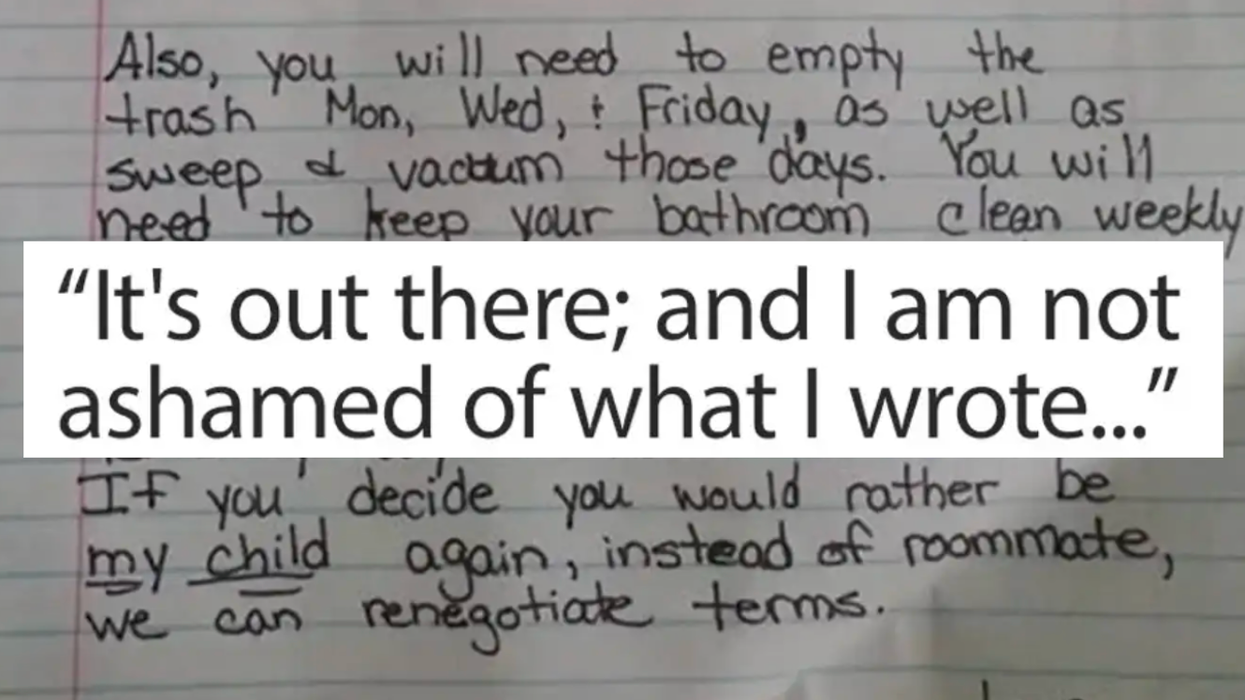
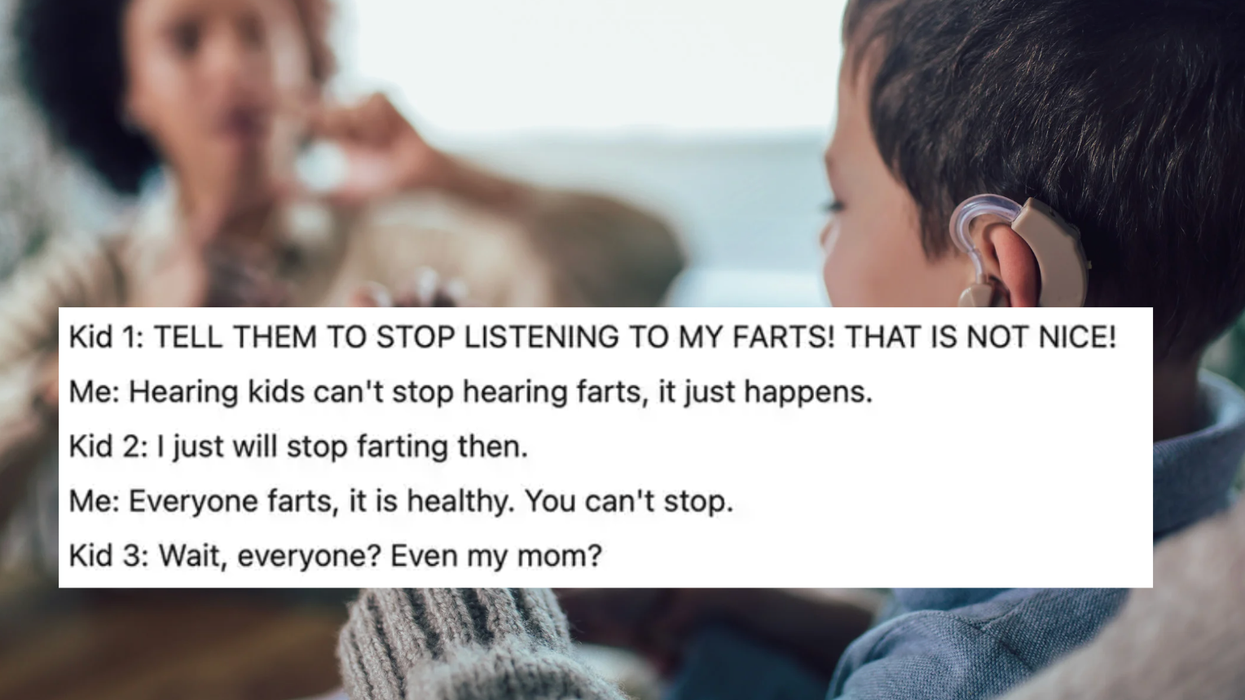

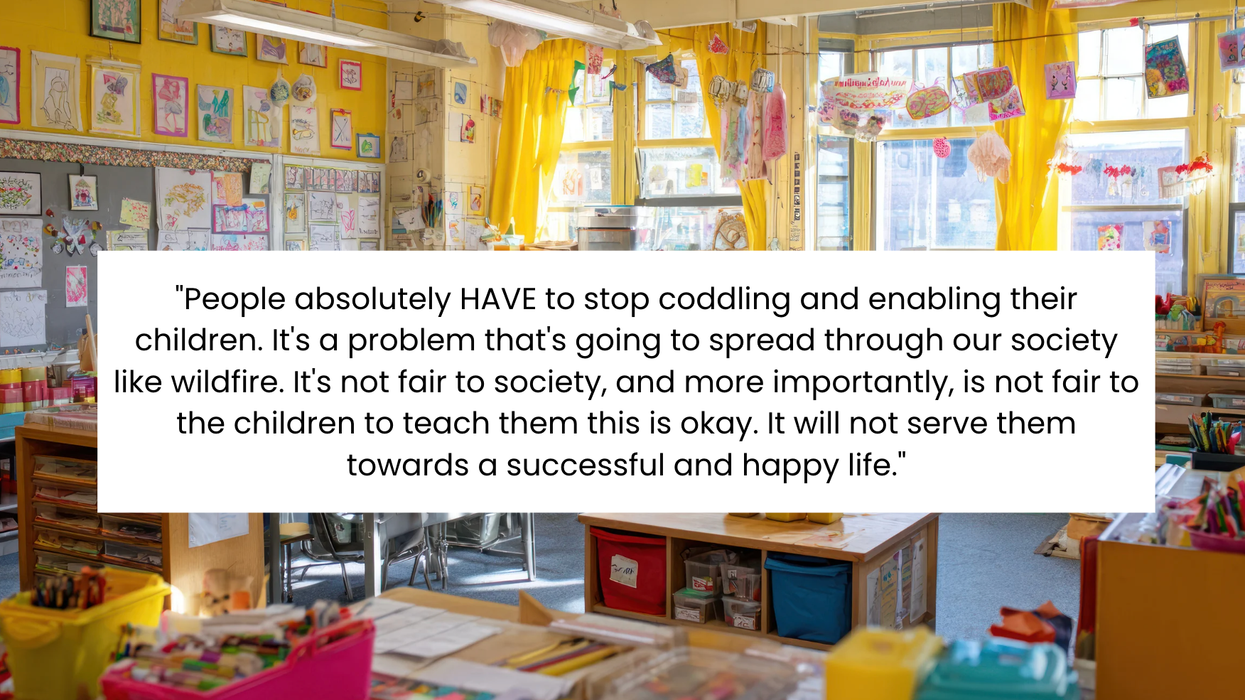







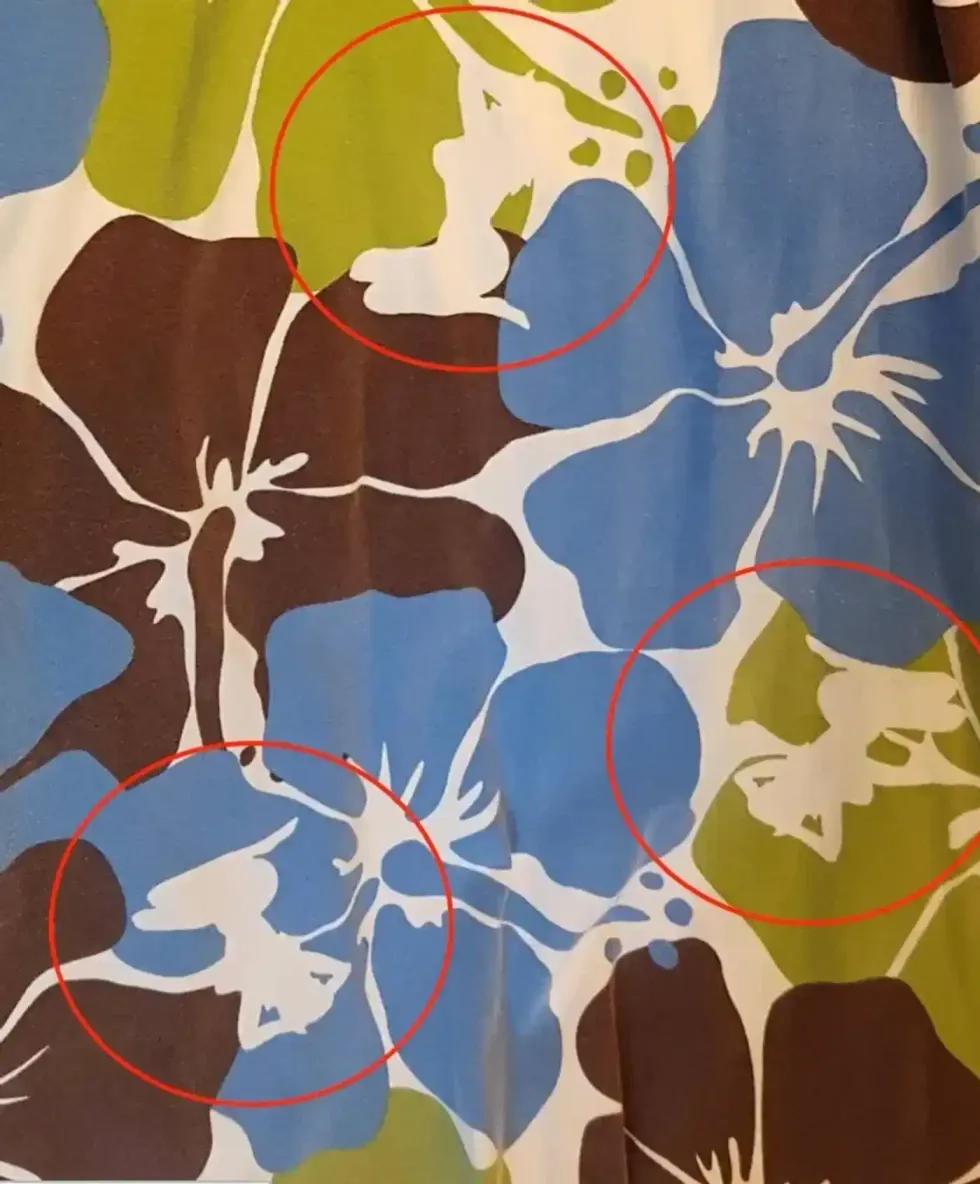 Image of the floral dress with the risque images circled
Image of the floral dress with the risque images circled  Gif of Tim Robinson via
Gif of Tim Robinson via 

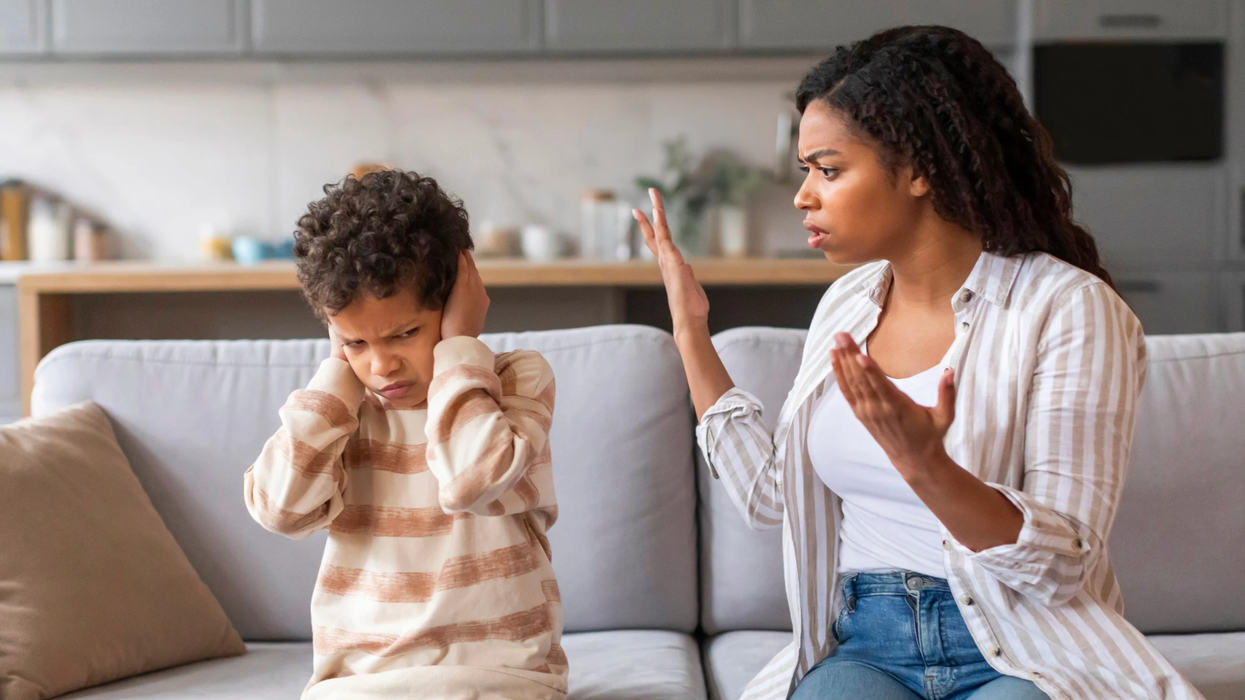
 Gif of Kaitlin Olson saying "Because I said so ... that's why" via
Gif of Kaitlin Olson saying "Because I said so ... that's why" via 

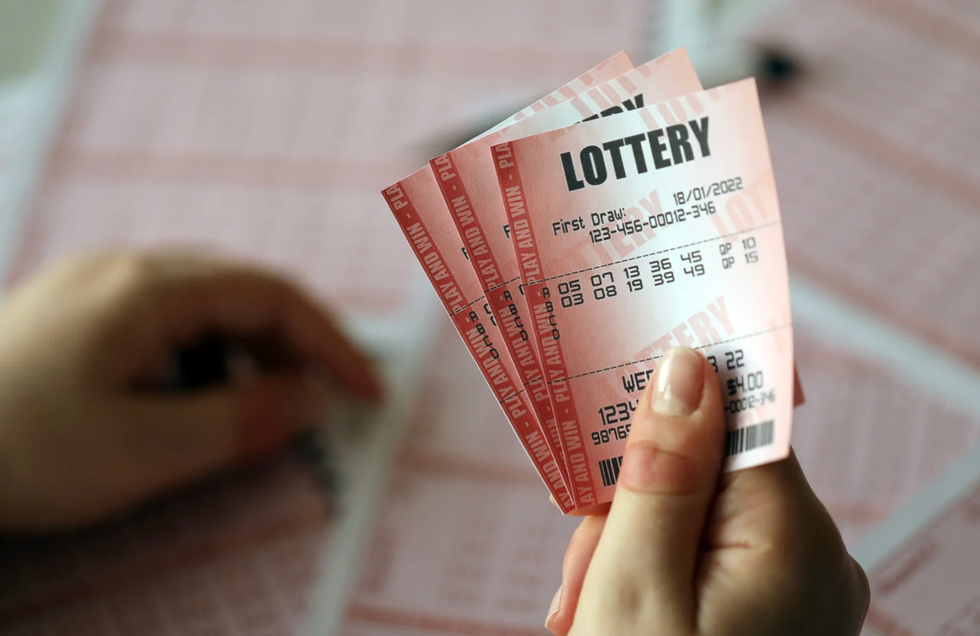 A hand holds several lottery ticketsCanva
A hand holds several lottery ticketsCanva "Simpsons" gif of newscaster winning the lotto via
"Simpsons" gif of newscaster winning the lotto via 

 Kids on their computers.Photo credit:
Kids on their computers.Photo credit:  Young girl holds a drone.Photo credit
Young girl holds a drone.Photo credit  Playing with bubbles.Photo credit:
Playing with bubbles.Photo credit:  Friends on the computer.Photo credit:
Friends on the computer.Photo credit: